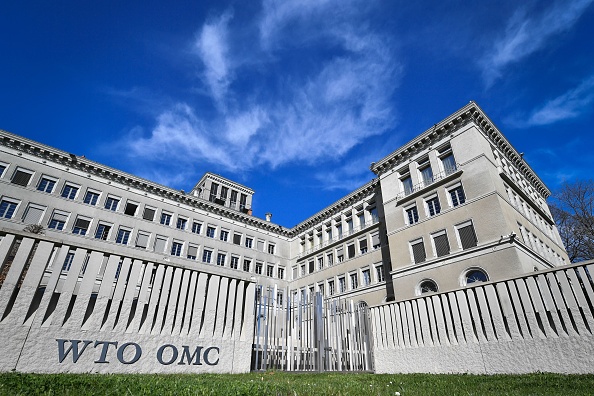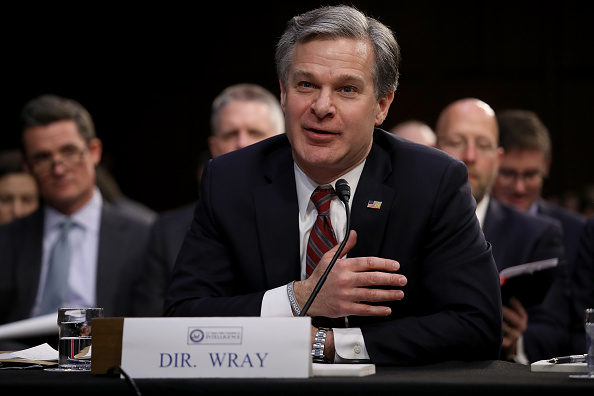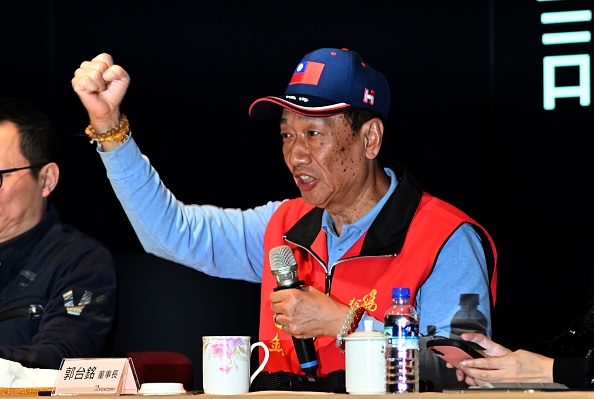
 Sowing Seeds of Tension
Sowing Seeds of TensionThe United States has clinched a victory in a World Trade Organization case against China's use of tariff-rate quotas for rice, wheat and corn this Thursday. Lodged in 2016 under the Obama administration, the case argued that China was limiting market access for U.S. grain exports. As U.S.-China trade talks drag on, this win bolsters the U.S. position that China is operating on an uneven and nontransparent playing field.
China is simultaneously considering a request that would ultimately boost the Trump administration in its campaign for the 2020 Presidential election. The U.S. has asked China to shift duties on key agricultural goods to non-agricultural imports, which would frame the trade deal as a victory for U.S. farmers, a demographic that has been hard hit by the trade war.
Both the U.S. and China are eager for a resolution to the ongoing trade dispute, and negotiations are expected to conclude in May. Chinese officials are considering pegging a formal announcement of the trade deal to Trump's expected Japan trip.
 Closing a Door
Closing a DoorTensions between the U.S. and China continue to heat up, with both countries troubled by allegations of espionage and political meddling. Over thirty Chinese professors have had their U.S. visas cancelled or placed on administrative review in the last year alone.
Although Chinese spying has long been a concern of the U.S. government, Washington has welcomed academics with the hope that exposure to U.S. values will enhance its national interest. However, an FBI counterintelligence operation is closing that door, as part of a wider campaign to stop China from posing a threat to America's technological dominance.
In an exclusive China-US Focus podcast, eminent Professor Wang Jisi discusses the impact of the clampdown on the growing U.S.-China rivalry, the concerns that China is moving backward, and his optimism that China is ultimately moving in the right direction.
 Mr. iPhone for President?
Mr. iPhone for President?Across the Strait, Terry Gou, founder of manufacturing giant Foxconn, is launching his campaign for Taiwan's presidency for the upcoming 2020 election. Gou, known for being a notoriously fierce business mogul, is shaking up Taiwan's political environment with his Trump-inspired run for president. Analysts say that as a political outsider, he'll likely appeal to populism in a similar way that Donald Trump has.
Gou is also prompting concern that his enormous investment in China may draw the island nation closer to the mainland, both economically and politically. Foxconn, best known as the manufacturer of the iPhone, employs hundreds of thousands of people in China and depends on China for its success. While Gou pledged to step down from his current position at Foxconn, he will have to convince Taiwanese voters that as president, his loyalties would lie with Taiwan and not with Foxconn.
"That's the million dollar question. Who is Gou loyal to? Taiwan? Foxconn? Both? If the answer is Foxconn or both, that puts Taiwan in a bad position with Gou as president because Foxconn's success is tied to, coercively or not, the Chinese state," says Lev Nachman, expert on Taiwanese politics at the University of California.
Prepared by China-US Focus editorial teams in Hong Kong and New York, this weekly newsletter offers you snap shots of latest trends and developments emerging from China every week, while adding a dose of historical perspective.
- 2019-04-12 Slow or Steady?
- 2019-04-05 The Last Mile is The Hardest
- 2019-03-29 From Negotiation to (Smart) Competition
- 2019-03-23 Xi Hits the Road
- 2019-03-16 Proceeding With Caution
- 2019-03-08 Reading the Tea Leaves
- 2019-03-01 The Art of No Deal
- 2019-02-23 The Devil is in the Details
- 2019-02-16 Trade Talks, Round 3: Waiting for Trump-Xi?
- 2019-02-08 Welcoming the Pig
- 2019-02-02 The Final Countdown: One Month Until Trade Talks Deadline
- 2019-01-26 How Slow Will it Go?
- 2019-01-18 Countdown to Trump-Kim: Round Two
- 2019-01-11 Kim Jong-un Visits Beijing
- 2019-01-04 Cross-strait tensions mount on anniversary
- 2018-12-21 Xi’s 40th Anniversary Speech
- 2018-12-14 Post-G20 Detentions & Tech Tensions
- 2018-11-30 Trump and Xi Set to Face Off at the G20
- 2018-11-26 Xi Strengthens Alliances in Preparation of G20
